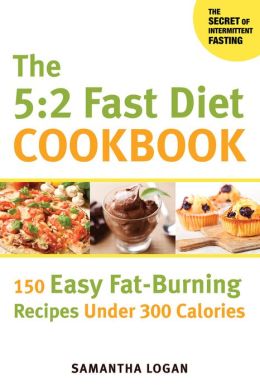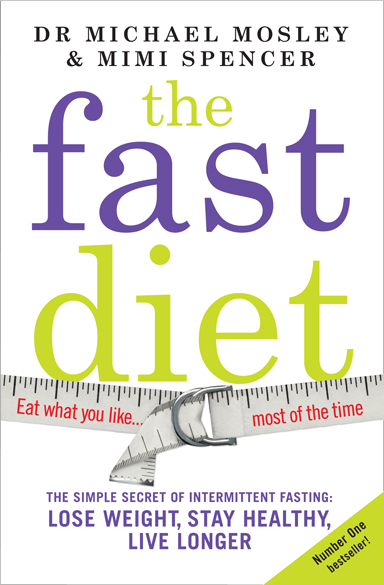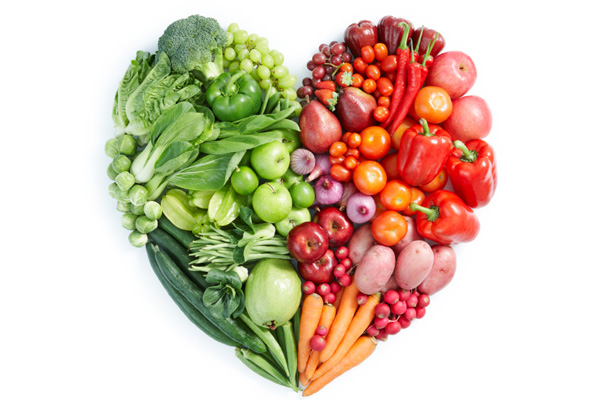For his Oscar-nominated role as Jean Valjean in Les Miserables, Aussie mega-star, Hugh Jackman, admitted to extreme fasting and even cutting his water intake to achieve the emaciated look needed for his physical deterioration during the movie. To prepare for his next role, the actor chose a different approach, a 5,000 calorie a day diet with intermittent fasting. On this diet he gets to eat chicken, lots of chicken.
 To reprise his role as Wolverine in the X-Men, premiering July 26, Jackman knew he needed to bulk up. This is an actor who is well known for his commitment to a role, whether it’s on screen or the Broadway stage. There will be no CGI muscles, bulky costumes or other Hollywood magic. Hugh wanted the real deal and he wasn’t afraid to go to extremes to get it. In this case, “it” would be the ripped abs and biceps needed to play the superhero. In addition to spending more time in the gym than the Biggest Loser contestants, he’s also using the 16-8 Diet to pack on lean muscle.
To reprise his role as Wolverine in the X-Men, premiering July 26, Jackman knew he needed to bulk up. This is an actor who is well known for his commitment to a role, whether it’s on screen or the Broadway stage. There will be no CGI muscles, bulky costumes or other Hollywood magic. Hugh wanted the real deal and he wasn’t afraid to go to extremes to get it. In this case, “it” would be the ripped abs and biceps needed to play the superhero. In addition to spending more time in the gym than the Biggest Loser contestants, he’s also using the 16-8 Diet to pack on lean muscle.
Jackman recently talked about his Wolverine routine. “What I do is I eat in an eight hour period, it’s all the rage this diet now. It’s called the 16-8 diet. For sixteen hours of the day, I fast, so I don’t eat. So between 10 in the morning and six at night, I eat 5,000 calories and then I eat nothing.” During the eight hours he’s consuming all those calories, I’m betting there’s not a donut, candy bar or soda in the bunch. In fact, according to the actor, “‘I quite like everything I ate, but it’s more bland. It’s chicken breast, but steamed and no salt, and steamed spinach.”
Some people might think that having an eight hour glutinous window to gorge up all those calories would be easy, but according to Jackman, there were days when he had to use mind over matter to get it down. “‘This is a disgusting amount of food, I can’t eat another bite,” he would say to himself. “I literally talk to myself like I’m training – One more mouthful, c’mon man. You can do it. Just one more mouthful. Half a chicken breast to go and then you’ve got it. Just two meals left!'”
While the 16-8 diet may have been the way to go for Jackman who readily admits, “I’m quite a skinny person by nature so I’m eating ridiculous amounts of food,” it’s not for everyone. The eating routine, seen by many as a lifestyle, not a diet, does not dictate the daily calorie count a person must consume. Always check with your doctor before starting an extreme diet routine. The Wolverine may need 5,000 calories a day but mere mortals do not.
Also Read:
Hugh Jackman and Anne Hathaway Drop a Combined 50 Pounds to Star in Les Miserables
Fasting May Reduce Risk of Coronary Disease and Diabetes
Janet Jackson on Body Image and Extreme Dieting






